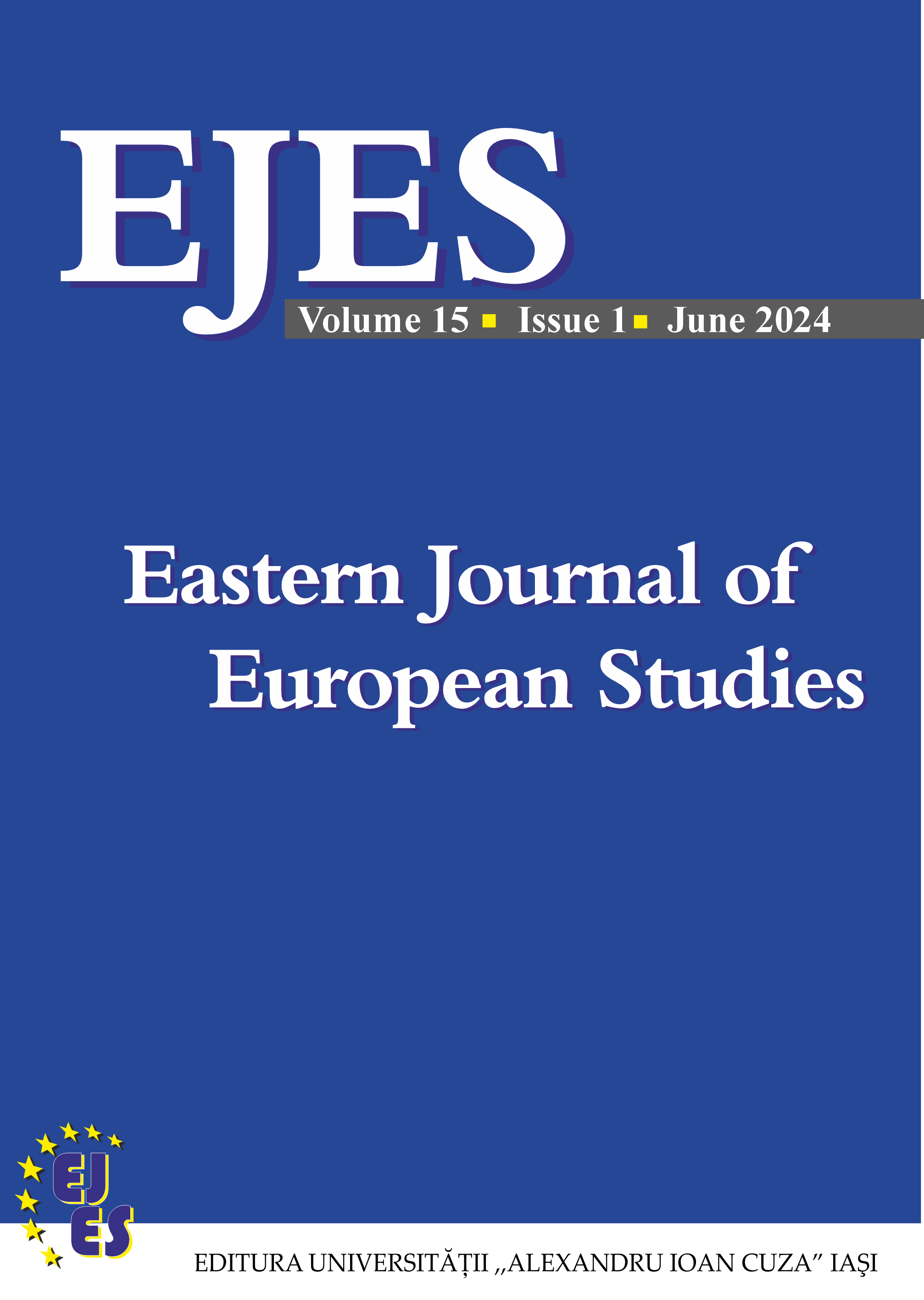Are LEADER principles achieved in Local Action Groups?
A systematic assessment of local representatives' perception
Are LEADER principles achieved in Local Action Groups?
A systematic assessment of local representatives' perception
Author(s): Ana-Maria Opria, Ema Corodescu-Roșca, Lucian RoșuSubject(s): Politics / Political Sciences, Governance, Government/Political systems, Welfare systems
Published by: Editura Universităţii »Alexandru Ioan Cuza« din Iaşi
Keywords: LEADER programme; rural communities; local governance; stakeholders' perception; LEADER principles;
Summary/Abstract: Rural development is often hindered by the lack of human and social capital. The LEADER program is one of the European Union's financial instruments destined to improve the rural areas governance by introducing a set of institutional changes including new local policies, practices and actors. These changes translate into the seven principles at the heart of the LEADER philosophy: partnership, integrated and multi-sectoral strategy, area-based approach, bottom-up approach, cooperation, networking and innovation. This article focuses on assessing the commitment of the Local Action Groups (LAGs) to the LEADER principles in a post-socialist country based on the perception of local actors. In this respect, we combined a quantitative (survey) with a qualitative approach (interview) for evaluating the degree of LEADER principles implementation. The study brings evidence on the specific principles which seem more difficult to integrate and provides a basis for future policy design.
Journal: Eastern Journal of European Studies
- Issue Year: 15/2024
- Issue No: 1
- Page Range: 361-382
- Page Count: 22
- Language: English

